2025-02-18
As Russia continues to move toward energy efficiency and sustainability, the top 5 batteries of 2025 will shape the future of energy storage solutions across multiple industries. These innovations promise to meet the demands of a rapidly evolving energy landscape, powering everything from electric vehicles to renewable energy systems. In this article, we delve into the best-performing and most promising battery technologies set to revolutionize Russia's energy storage sector by 2025.
Lithium-ion batteries have dominated the energy storage market for over a decade, and they are set to remain the top choice in 2025. Their wide-ranging applications, from residential power storage to grid systems, make them a reliable solution for today's energy needs.
Despite being in widespread use, lithium-ion battery technology continues to evolve, with advancements in cost, safety, and performance.
Solid-state batteries are emerging as the future of energy storage, promising higher energy densities and better safety than traditional lithium-ion batteries.
By 2025, solid-state batteries are expected to transform industries reliant on high-performance batteries, offering a new level of efficiency and safety.
Sodium-ion batteries are gaining attention as a more cost-effective and environmentally friendly alternative to lithium-ion batteries. Sodium, being more abundant and cheaper than lithium, provides an accessible solution for large-scale energy storage needs.
While sodium-ion technology still has some hurdles to overcome, it is a promising option for Russia's future energy storage needs.
Flow batteries are a type of rechargeable battery that uses liquid electrolytes to store energy. Their unique design makes them particularly suited for long-duration energy storage, such as solar or wind power integration.
Flow batteries are expected to become more important in 2025 for grid-scale energy storage, helping to integrate renewable energy more efficiently.
Lithium-sulfur batteries are gaining momentum due to their potential to provide a higher energy density than conventional lithium-ion batteries. This makes them an exciting option for applications requiring lightweight, high-capacity batteries.
Though still in the research phase, lithium-sulfur batteries hold great promise for the future of energy storage, especially for electric vehicles and renewable energy applications.
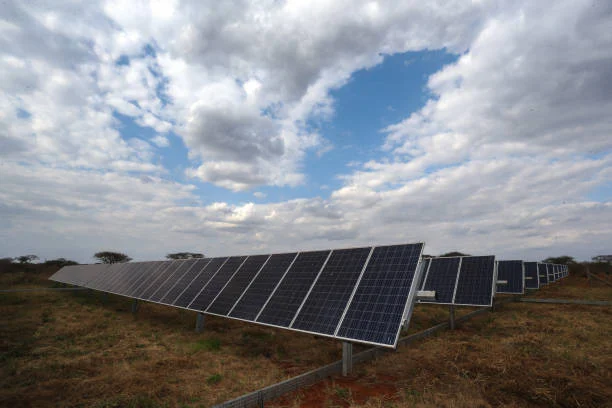
Solar and Energy Storage Cooperation Potential in Kenya: Future Green Technologies Redesign for Kenya in Renewables
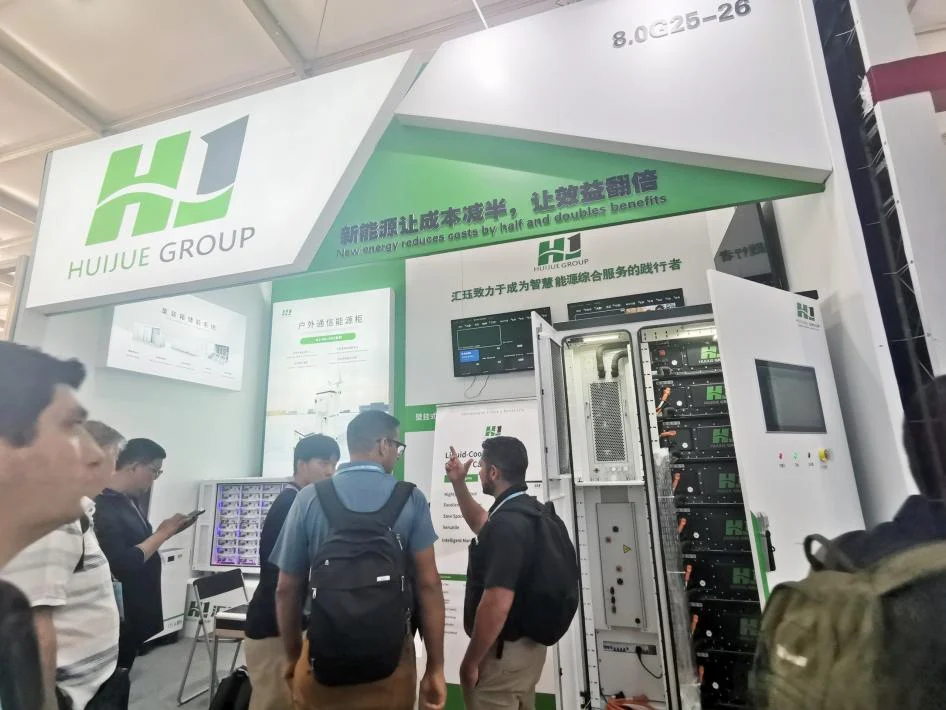
Huijue Group attracted attention on the first day of the Canton Fair – folding photovoltaic containers became the focus
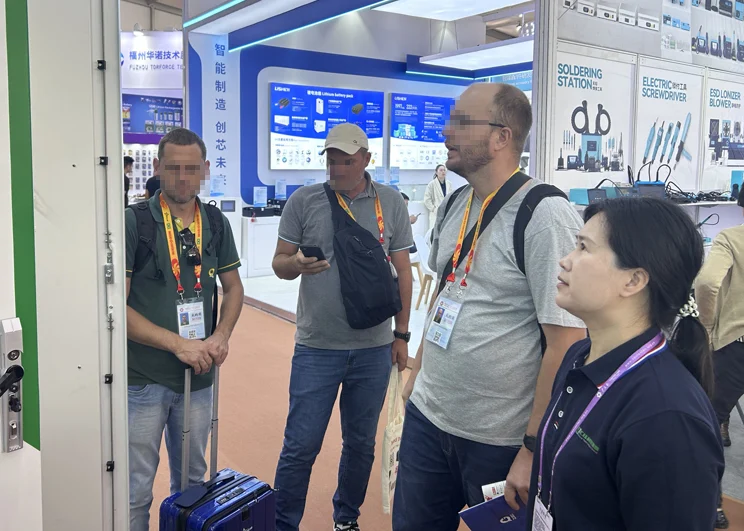
The third day of the Shanghai Huijue Canton Fair kept on getting increasingly hot
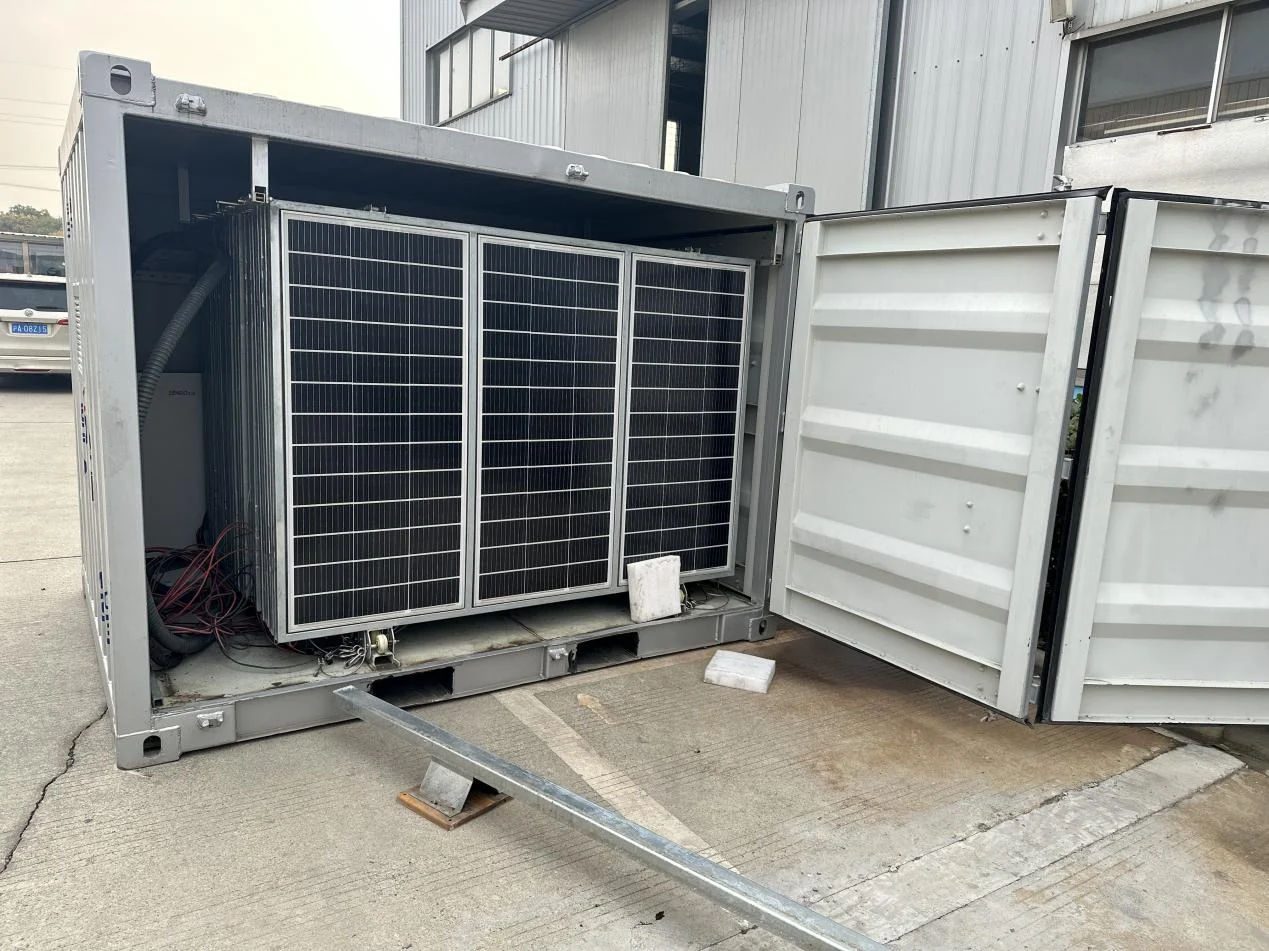
The Best Portable Power Stations for Field Application
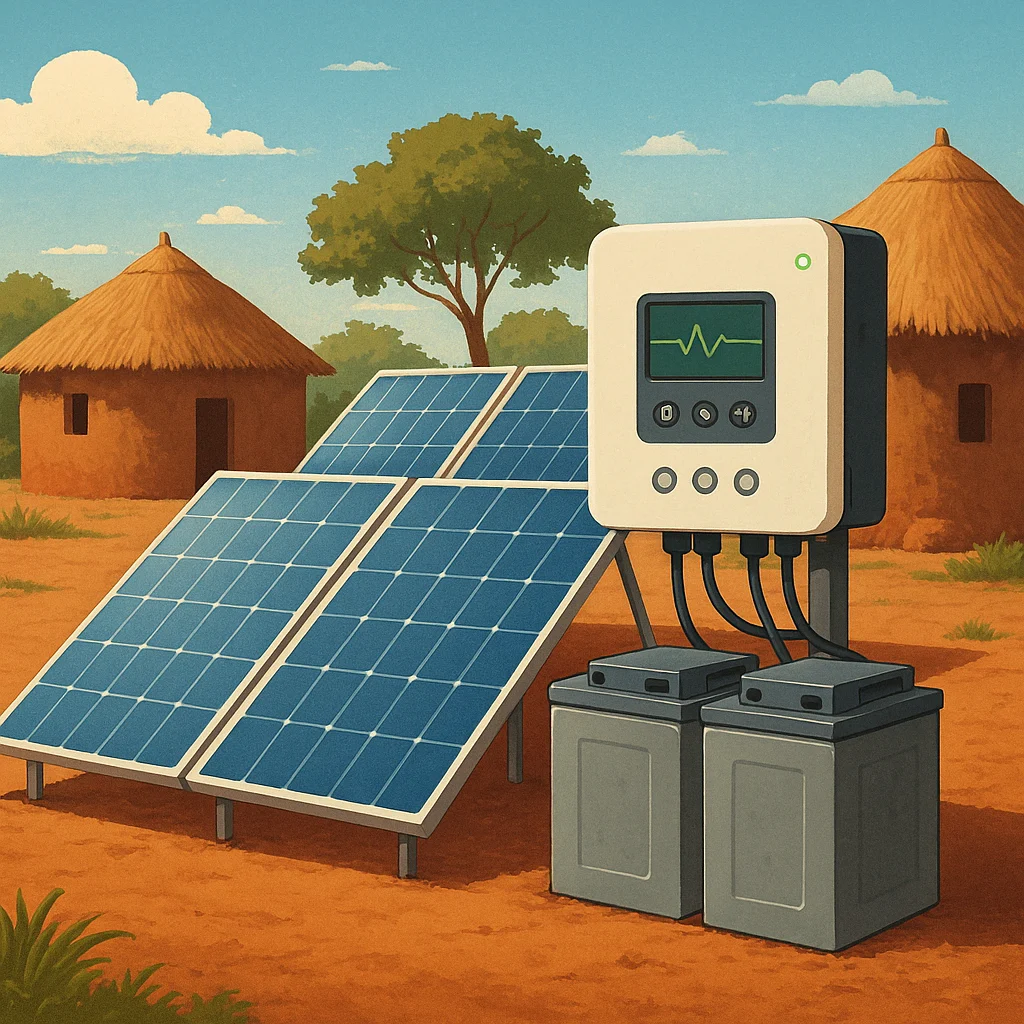
How Smart Inverters Are Transforming Ghana’s Solar Power Sector